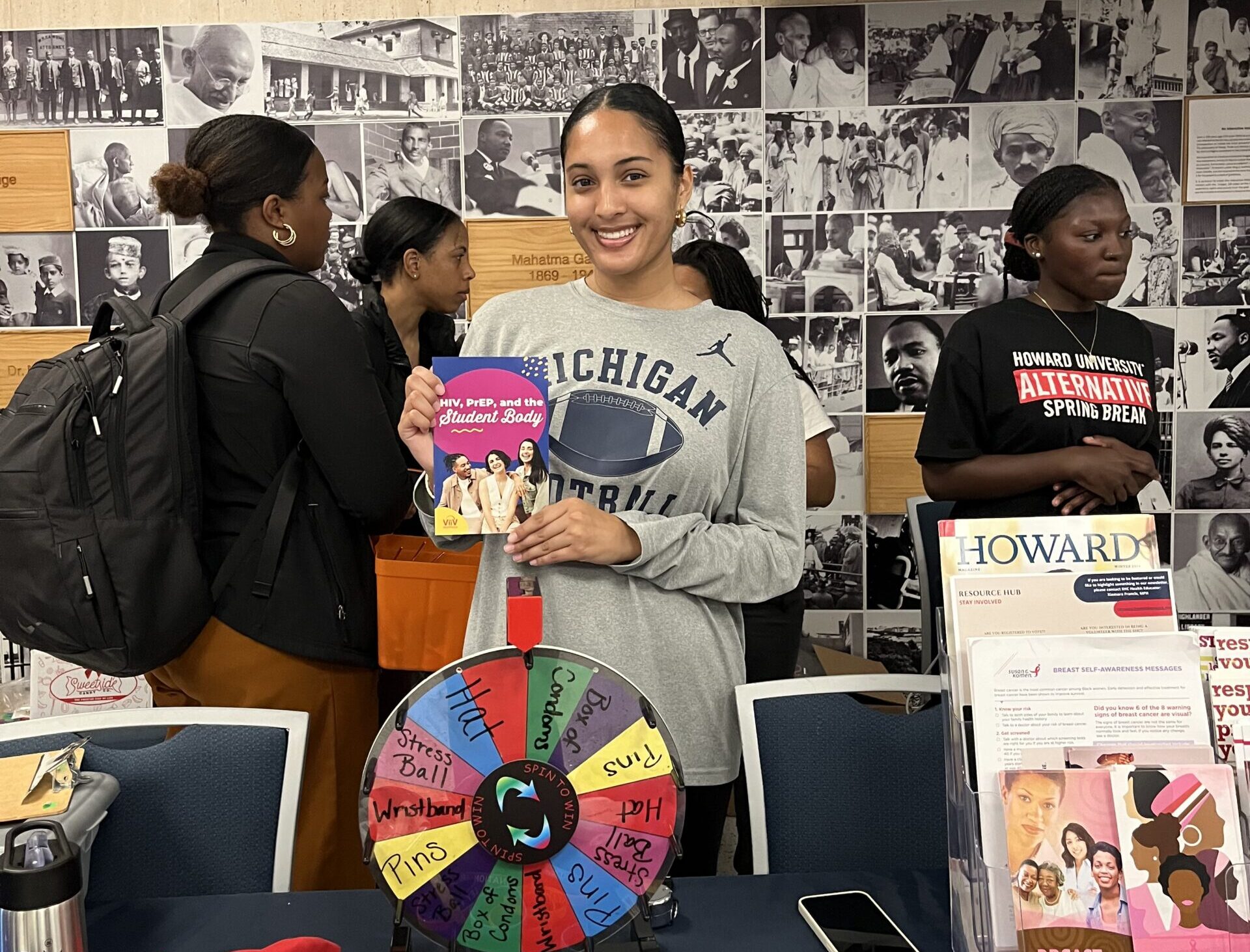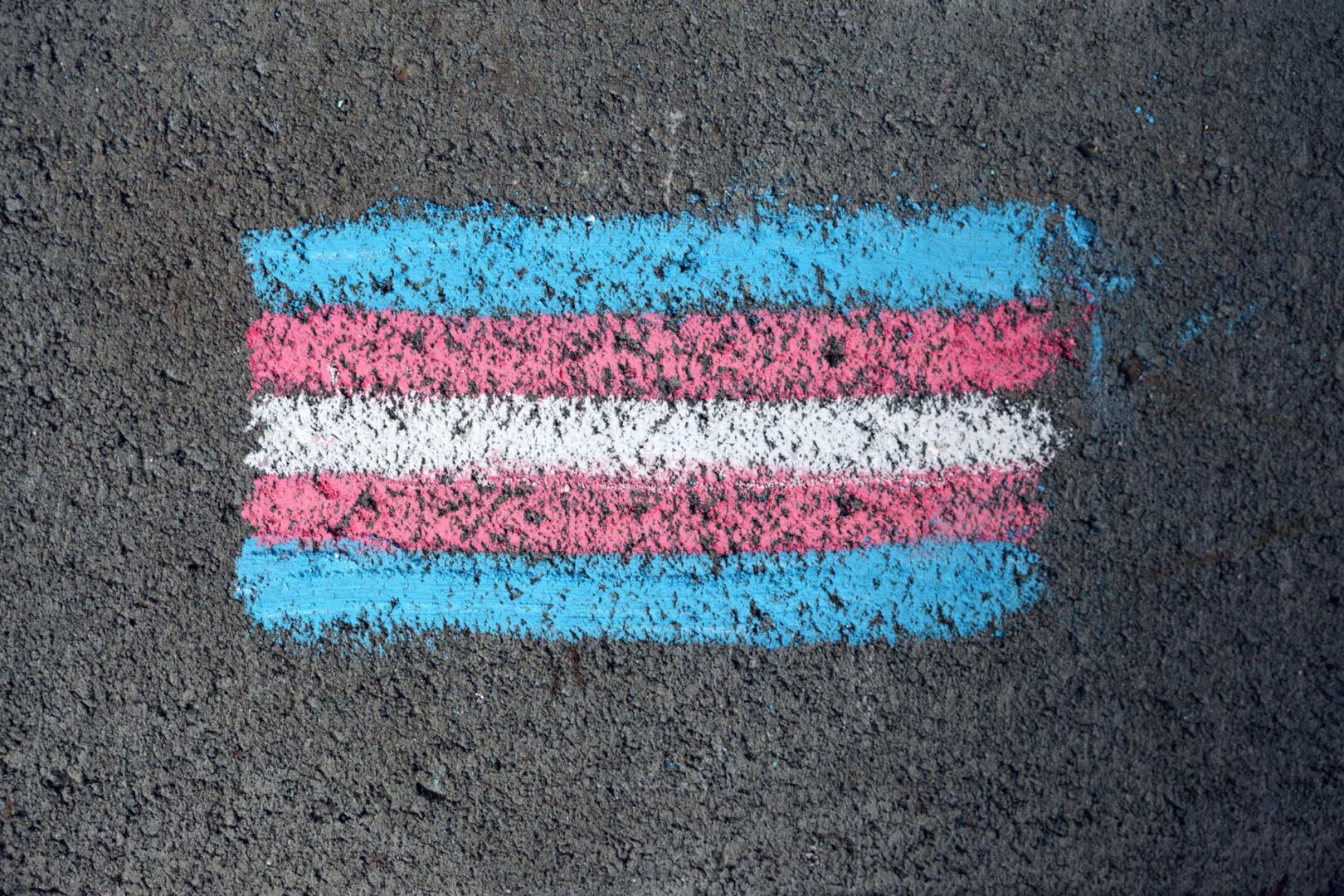
December 5, 2024
A
s a sophomore at Howard University, one of the nation’s leading Historically Black Colleges and Universities (HBCUs), I have witnessed firsthand how our college campus prioritizes student health. HBCUs have long been committed to creating supportive environments for students, especially Black students. This commitment extends to sexual and reproductive health, where HBCUs like Howard have made incredible progress in meeting students where they are to provide critical services.
At Howard University, our Student Health Center exemplifies this effort by breaking down barriers to access, particularly in sexual and reproductive health services. One of the standout programs is “Us Helping Us STI Testing,” which occurs twice a week at the Student Health Center. This initiative is a game changer, offering free STI testing to all students and making it easy and accessible for them to know their status. The accessibility of on-campus services greatly reduces known barriers to care and encourages students to take control of their health. The university also holds events like “HU Know Your Status Day,” where STI testing is offered in high-traffic areas. These events are crucial for individual health and for fostering a healthy community.
In addition to STI testing, Howard offers a variety of other sexual health services, including birth control, condoms, and PrEP, a medication for HIV prevention. I was recently selected as a Condom Collective member through Advocates for Youth, where I will collaborate with the Student Health Center to distribute 500 condoms to the Howard student population. This initiative further empowers students to make informed choices about their sexual health and promotes safer practices within our campus community.
What makes Howard’s approach so effective is its recognition that students can’t always access health care in the same way. Unseen barriers—whether financial, social, or emotional—often make it hard to prioritize health. As Nelson Mandela stated, “Health can not be a question of income; it is a fundamental human right.” When a university makes health care easy, accessible, and free, it removes some barriers and creates an environment where students feel empowered to take charge of their health.
When a university makes health care easy, accessible, and free, it removes some barriers and creates an environment where students feel empowered to take charge of their health.
This approach mirrors what I’ve learned in my work as a Thrivology Youth Leader, where I focus on trauma-informed care and human-centered design. What is trauma-informed care? It involves meeting people where they are, understanding their experiences, and providing care in a way that feels safe and supportive. Howard University exemplifies trauma-informed care by offering sexual and reproductive health services in student-friendly ways, demonstrating an understanding of the diverse needs of its students and a commitment to providing care that fits into their lives.
Human-centered design plays a big role in how we approach health care at Thrivology, which Howard also exemplifies. It involves designing services that work for the people who use them. Howard is practicing health equity in action by offering STI testing during busy times and in convenient locations and ensuring that essential resources like birth control and PrEP are readily available. Howard is committed to making sure that students can access the care they need without unnecessary obstacles.
While HBCUs like Howard are making significant advancements in student health, there is always room for growth. HBCU student health centers should collaborate with Federally Qualified Health Centers (FQHCs) to identify affordable care centers for students in need of other services not offered by the student health center. These centers work on a sliding scale, meaning that the patient’s bill is determined by their income. This partnership could allow for all students to receive care, regardless of their financial status. After all, a healthy community benefits everyone, and by continuing to meet people where they are, we can ensure that all students are supported in their journey to better health.
Overall, HBCUs are doing critical work to break down barriers to sexual and reproductive health. By offering trauma-informed care, they ensure that young Black students can prioritize their health in convenient, accessible, and supportive ways. However, this work can continue beyond student health centers. Collaborating with FQHCs would strengthen the impact of already existing health programs. At Howard University and beyond, we have the opportunity to build healthier communities by continuing to meet people where they are.
Asha Puri is a student at Howard University studying Health Management and aspires to pursue an MPH after graduation. She is passionate about health education and breaking down cultural stigmas surrounding reproductive and sexual health. Asha is dedicated to improving access to resources that empower underserved communities in her area.






